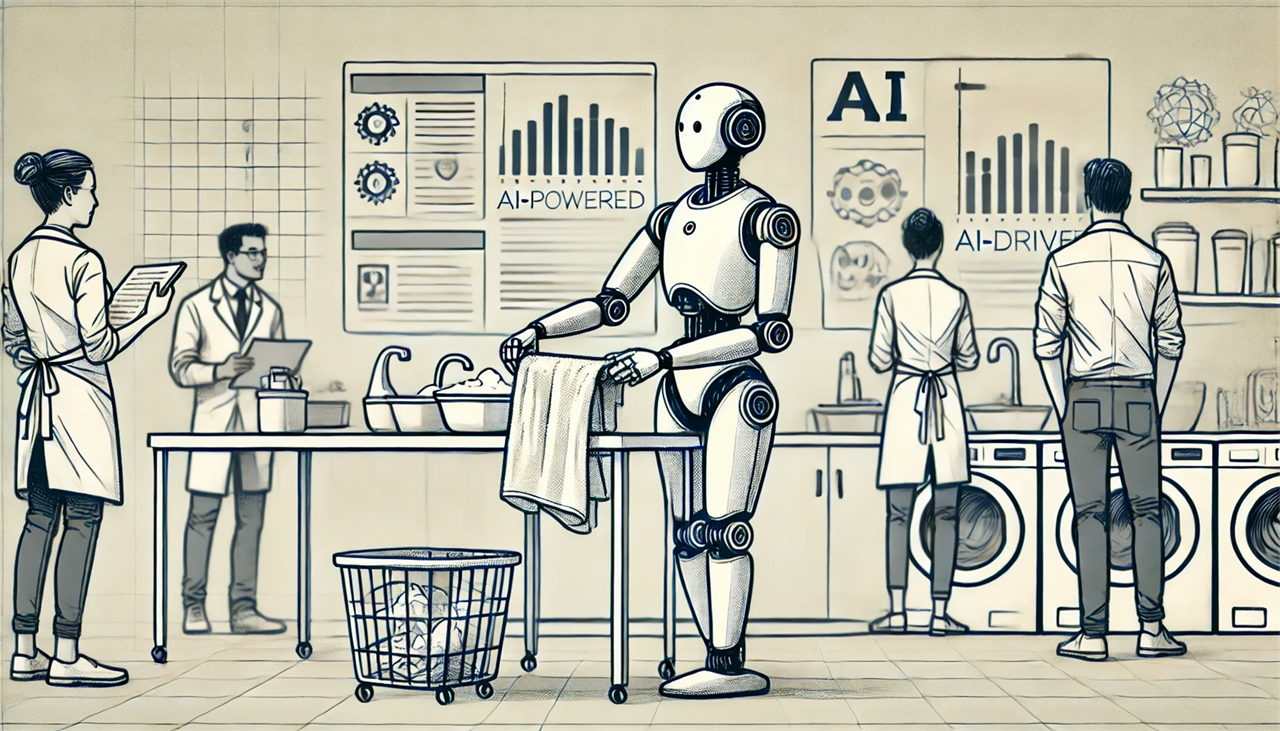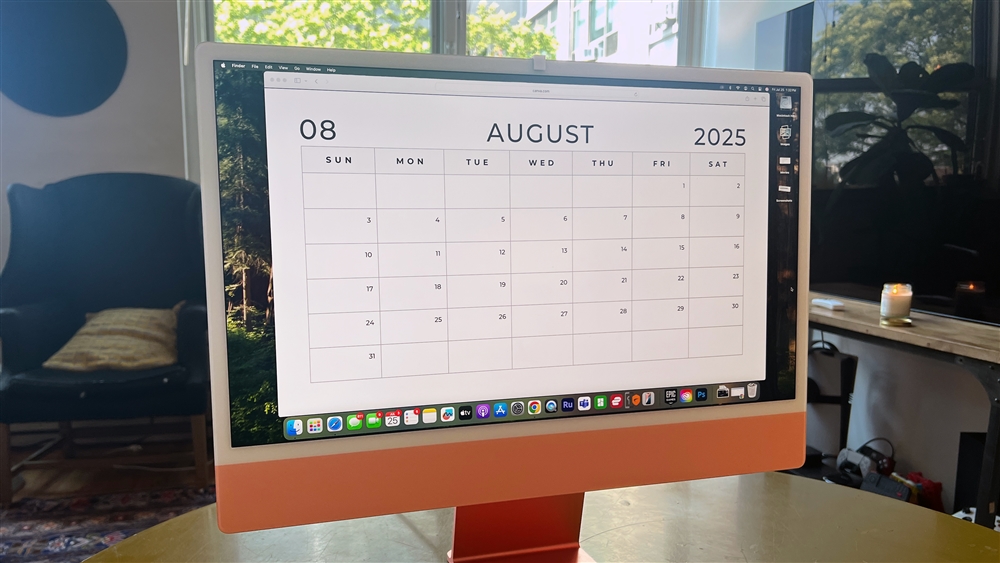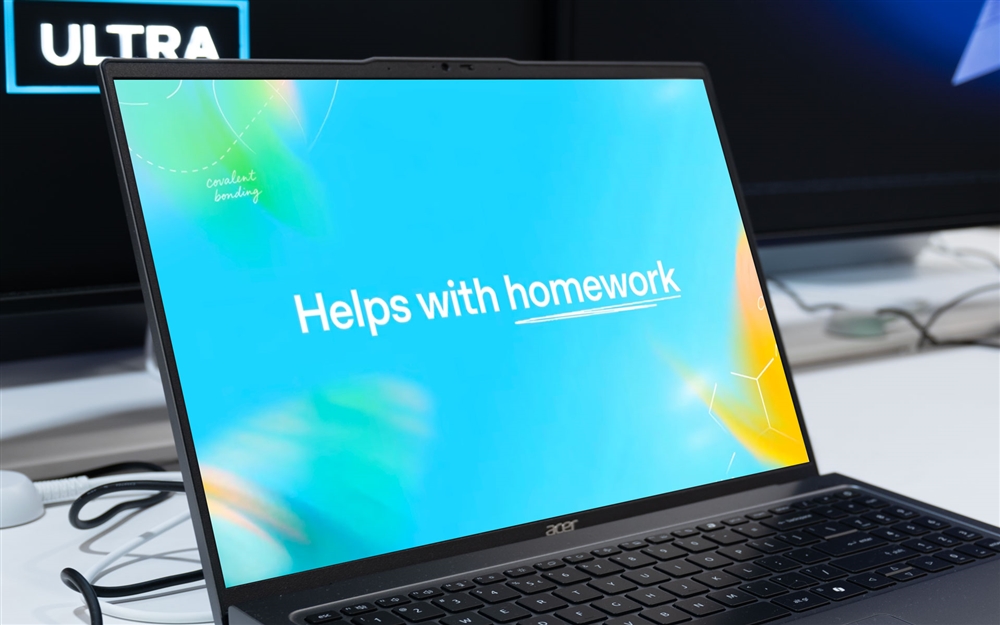This Week in AI: Meta's Big Bet on AI-Powered Robots
For Feb. 14, 2025: The French AI summit, OpenAI's custom chips, Reuters wins early battle over AI and copyright.News

Meta isn’t just pushing the boundaries of AI chatbots, the company is also diving headfirst into AI-driven humanoid robots. According to an internal memo viewed by Reuters, the company is gearing up for major investments in AI-powered robotics, hoping to create "consumer humanoid robots," powered by Meta's Llama platforms.
Leading the charge is Marc Whitten, former CEO of self-driving car company Cruise (itself owned by GM), and the new team will live within Meta's Reality Labs hardware division.
While the focus will be on creating prototype robots that can actually perform chores like folding clothes and doing dishes, don't expect a Meta-branded robot anytime soon. Instead, Meta plans to offer the software and sensors developed for these prototypes to other manufacturers.
World Leaders Split on AI Regulation
One of the biggest questions about artificial intelligence is what its effect will be on humanity's progress and safety. Another question is what we're going to do about it.
World leaders met in Paris this week for the latest in a series of AI summits, during which they discussed everything from technological advancements such as DeepSeek to evolving business models and, of course, public safety. Unlike past conferences though, this week's event also highlighted how US and UK governments are standing apart from other countries.
Notably, newly inaugurated US Vice President JD Vance said in a speech before attendees that the Trump Administration does not want to risk slowing AI's pace of innovation, railing against what he called "excessive" AI regulation. “At this moment, we face the extraordinary prospect of a new industrial revolution, one on par with the invention of the steam engine," Vance said in his speech. “But it will never come to pass if overregulation deters innovators from taking the risks necessary to advance the ball."
Ultimately, the US and UK chose not to sign an agreement among more than 60 other countries, including China, in which world leaders pledged to "promote AI accessibility to reduce digital divides," and “ensure AI is open, inclusive, transparent, ethical, safe, secure, and trustworthy.” The Associated Press reported that the document also called on industry leaders and politicians to make "AI sustainable for people and the planet” and protect “human rights, gender equality, linguistic diversity, consumer rights, and intellectual property.”
OpenAI moves into chips
NVIDIA has been at the center of the AI boom from the start, thanks to how well its chips power the technology. Of course, now that NVIDIA is at the center of the computing world, some brands are looking to replicate its success.
One of the companies hoping to do that is OpenAI, makers of ChatGPT, which is reportedly pushing ahead with plans to complete designs for its own in-house chips, according to Reuters. The report, which cites sources who asked to remain anonymous, said OpenAI is expecting to send its chip designs to Taiwan Semiconductor Manufacturing Co. (TSMC), one of the world's largest tech manufacturers and home to vast swaths of the tech industry's chip production facilities.
Reuters says OpenAI is planning to mass-produce its AI chips starting in 2026, and will be making them as part of a partnership with mobile chip company Broadcom.
Reuters wins a fight over AI
In intellectual property news, news service owner Thomson Reuters scored a legal win this week, when a Delaware judge issued a partial judgement in its favor in a lawsuit with AI startup Ross Intelligence. According to a report by The Verge, Thomson Reuters had sued Ross Intelligence claiming the company had inappropriately used its Westlaw search service and its judicial summaries to build its AI.
As The Verge noted, Ross Intelligence CEO Andrew Arruda wrote on his company's website that the Westlaw data was “added noise” and that its tool “aims to recognize and extract answers directly from the law using machine learning.” However, after having “compared how similar each of the 2,830 Bulk Memo questions, headnotes, and judicial opinions are, one by one,” the judge found that the startup's efforts to actually copy Westlaw's work were “so obvious that no reasonable jury could find otherwise.”
- DeepSeek's New AI Challenges ChatGPT — and You Can Run It on Your PC
- How To Improve Your AI Chatbot Prompts
- How I Turned Myself into an AI Video Clone for Under $50
- What is Meta AI? A Capable Chatbot That’s 100% Free
- Hands-on with ChatGPT o1-preview, OpenAI's Latest Innovation
- How to Get Started with Copilot for Microsoft 365
- Getting started with LM Studio: A Beginner's Guide
- Meet Claude, the Best AI You've Never Heard of
Ian Sherr is a widely published journalist who's covered nearly every major tech company from Apple to Netflix, Facebook, Google, Microsoft, and more for CBS News, The Wall Street Journal, Reuters, and CNET. Aside from writing, he tinkers with tech at home, is a longtime fencer -- the kind with swords -- and began woodworking during the pandemic.










